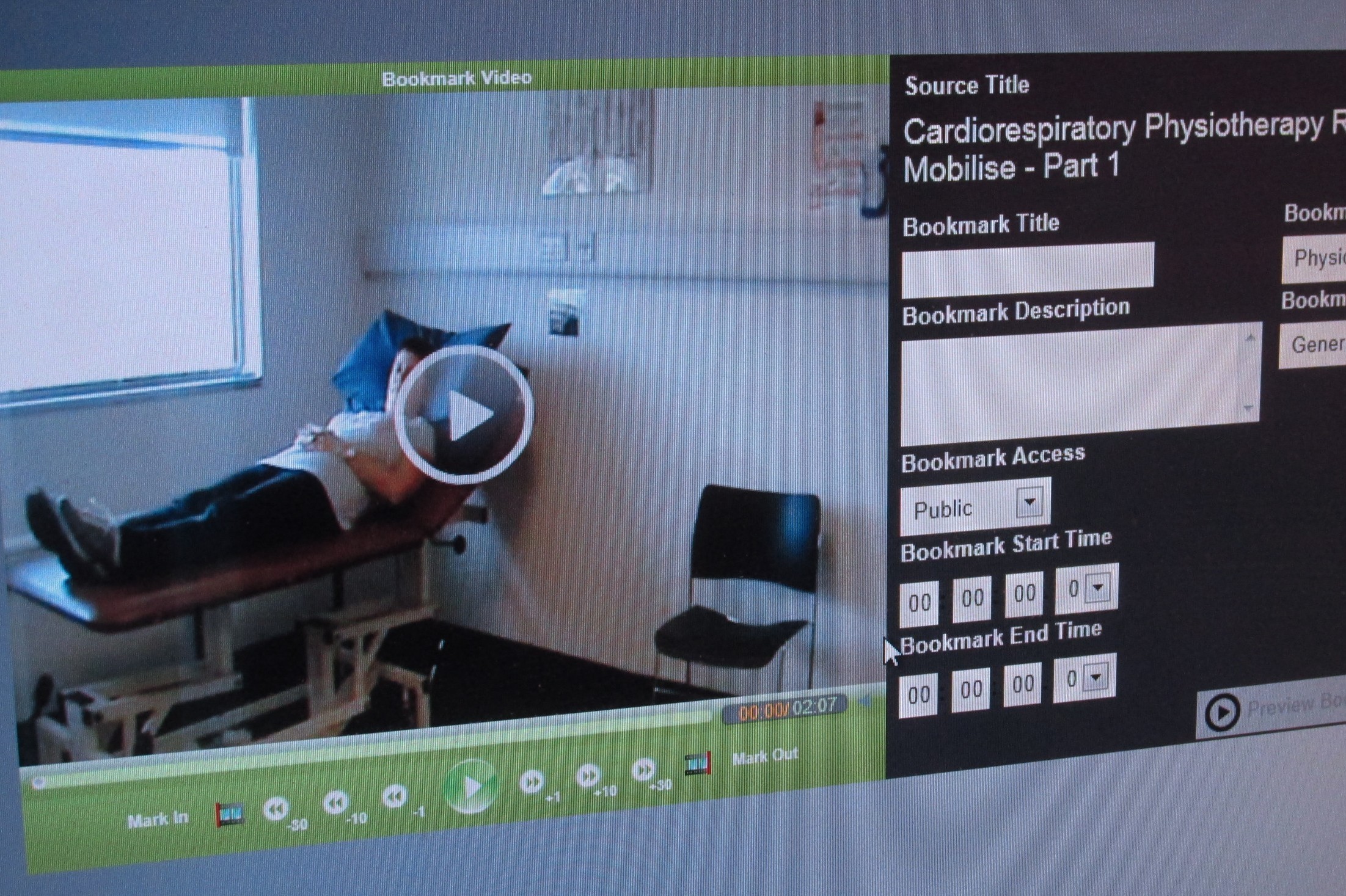
Queen Margaret University (QMU) in Edinburgh, Scotland has selected a Tripleplay TripleChoice Media Video Player solution to allow academic staff and students to view, share, and engage with content from a variety of sources.
QMU has 6,277 students, many of which are remote learners, so it was a requirement to find a system that could stream and record live TV and lectures while also enabling the digitisation and upload of central media resources and personal learning based media content.
Media services manager, Jim Bain, who is in charge of the management and delivery of content within QMU, explained: “Video plays a massive part of teaching in today’s learning environment, lecturers want to use it, students want to use it and so we need to deliver it. Alongside this, we need to ensure we deliver a high quality experience, simple front-end user interface and have enough control to ensure we don’t deliver media to the wrong people, or the right people in the wrong places.
“Tripleplay delivers a very comprehensive solution to our media challenges, combining a secure and encrypted video on demand solution with a high definition IP television system, all delivered from the same user interface. Almost more importantly, the Tripleplay system includes a reporting system to ensure we know what is watched, where, when and for how long and also the ability to restrict content access to selected IP networks, geo-locations or users.”
QMU has also chosen to integrate the Tripleplay solution into its Blackboard virtual learning environment (VLE), this enables staff and students to access video and TV content via an already familiar interface.
Through this integration resource lists and individual video clips can be searched and viewed within Blackboard allowing them to be used as an item of course material. As a side benefit, having the Tripleplay content available through the VLE also ensures visibility, maximising its potential uptake.
Alongside this integration, QMU are also able to deliver video content via a thin client environment into classrooms and to workstations all across campus.
Bain commented: “Thin client environments are always a huge challenge for video delivery, here at QMU we have operated with one since around 2007 and video delivery has always been an issue. The Tripleplay platform transcodes video into several formats, intelligently recognising where it is delivering media to and adjusting the type of stream it sends, ensuring the best possible video quality at point of delivery.
“This is something that was a great positive for us, we recognise video delivery via thin client is probably never going to be 100% the same as via a PC, however, with Tripleplay the quality is as near as we have seen and makes it a useable technology.”
Tripleplay’s management platform provides QMU with the ability to lock down content access, limit content upload and recording and restrict the networks content can be accessed from; providing a safety net for Media Services staff that they will not inadvertently infringe upon copyright laws.
“We can lock down TV channel access on a user by user basis, on a network by network basis or by geolocation. With a good number of students off site we needed the ability to do this, we had to trust it and with Tripleplay we have found a solution that delivers this control.
“It was also recognised early in the process that storage could become a problem, so we have chosen to put in content upload limits on a user-by-user basis and have a five year content retention policy, ensuring media resources are available throughout a students’ University career, but not too far beyond”, added Bain.
QMU sees its relationship with Tripleplay as a partnership, making feature requests and suggestions to help develop the solution for the higher education industry.
“It is great to have the opportunity to influence the path your investment may take and Tripleplay is always open to listening to our ideas and thoughts. They are a software manufacturer, which means they are not inhibited by the requirement to develop new hardware and so they can quickly move to adapt their product to their clients’ needs”, said Bain.
Importantly, recognising the fact that content is consumed in a variety of ways, the Tripleplay solution has ensured that wherever students and faculty need media, they can access it.
Jim Bain concluded: “Whether we need to get our content to a PC, thin client or to a mobile device we can. With the new Tripleplay Mobile Media App we will be able to watch, record and upload content directly from our mobile devices; essentially making them mobile lecture capture devices. This is something that really excites us and confirms our confidence in the platform and in our decision to choose Tripleplay.”







